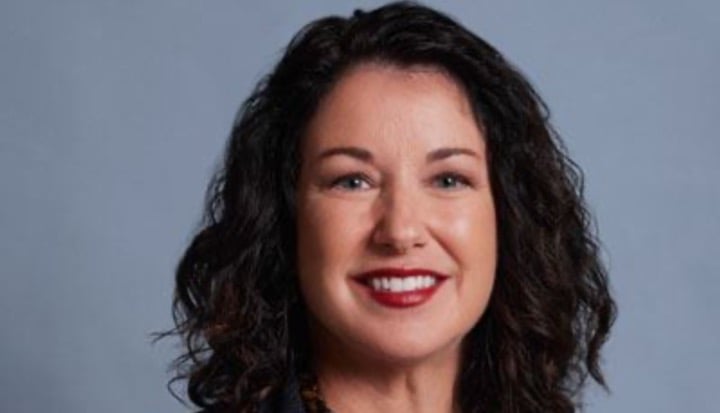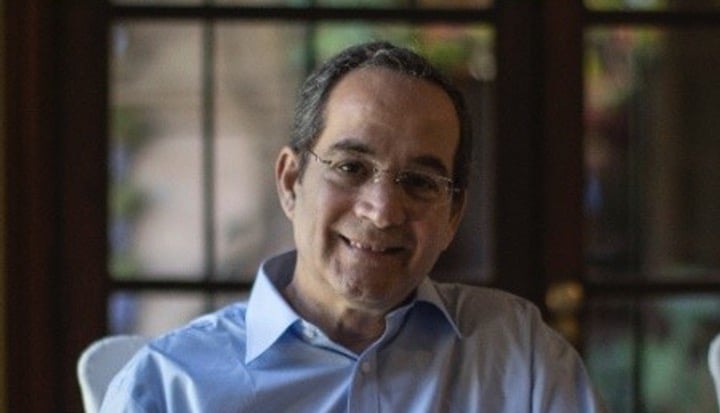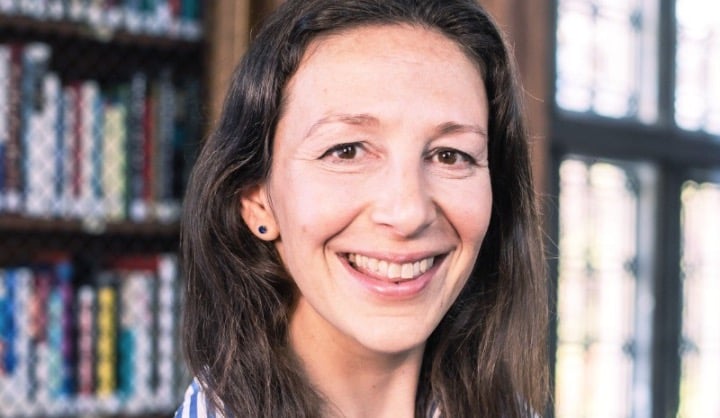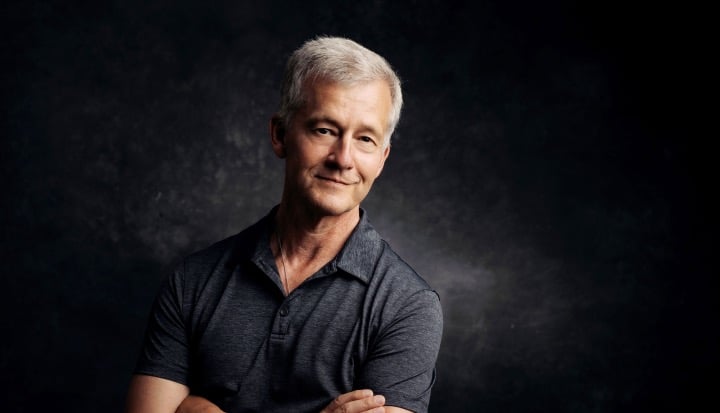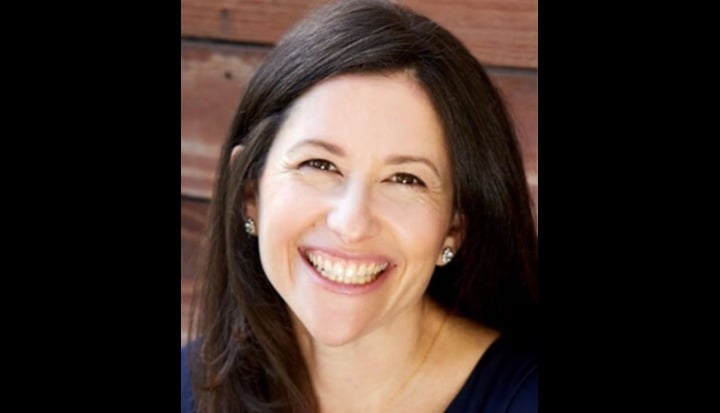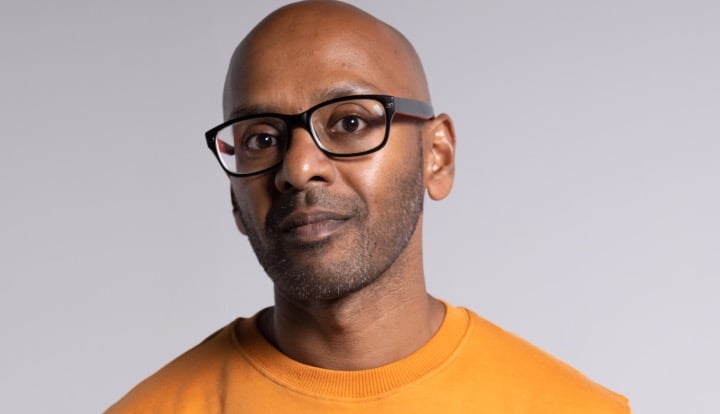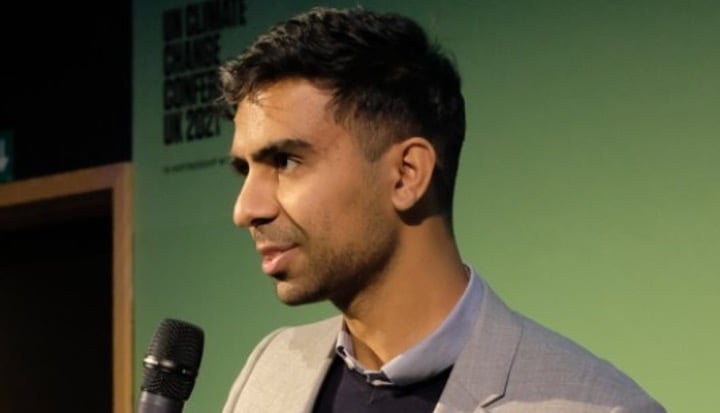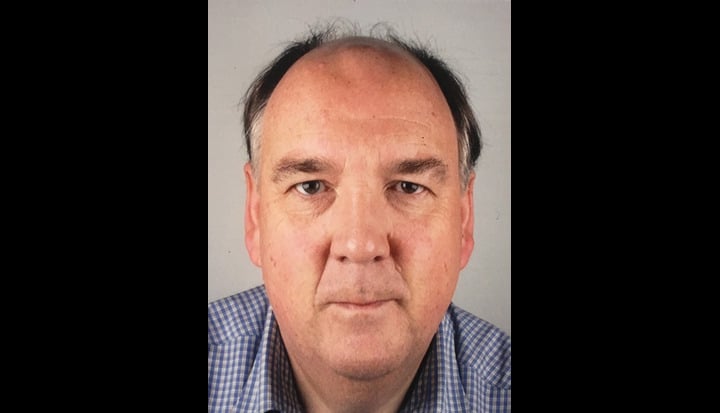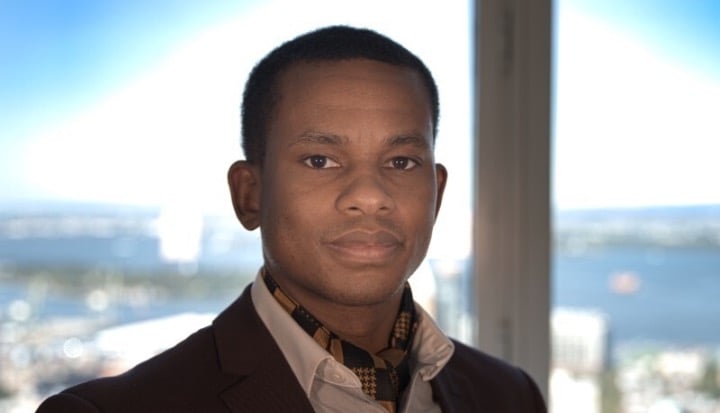BFP: What do you do?
 LM: I have worked with the Better Cotton Initiative (BCI) since 2006 and am currently the Executive Director of this multi-stakeholder not-for-profit initiative. A voluntary members association, BCI’s goal is to transform the global cotton industry, creating greater sustainability for the farmers and workers who grow cotton, greater sustainability for the environment and greater sustainability for the industry as a whole.
LM: I have worked with the Better Cotton Initiative (BCI) since 2006 and am currently the Executive Director of this multi-stakeholder not-for-profit initiative. A voluntary members association, BCI’s goal is to transform the global cotton industry, creating greater sustainability for the farmers and workers who grow cotton, greater sustainability for the environment and greater sustainability for the industry as a whole.
BFP: What is the best part about your job?
LM: There are two aspects that I find particularly exciting about working for BCI. The first is undoubtedly the people. I’m surrounded by incredibly motivated, talented people that are truly committed to creating a more sustainable cotton industry. A lot of businesses and organisations have been accused of “green-washing” and being more concerned with illusion than impact, more focused on sound-bites than sustainability. But BCI members are – by and large – a remarkably dedicated bunch. They get that it’s not just a question of changing the packaging or sticking a label on a product. They understand that it’s about having impact on the ground and changing how they work with their supply chain. And they understand that we’re all in this for the long term.
The other thing that I love about working for BCI is the innovative nature of what we’re trying to do. We’ve done our best to design sustainability into our own process. So rather than focus on a specific standard that then gets certified, we’ve put the focus on continuous improvement. So we have a list of minimum production criteria, but beyond that, it is less important at what level you “come into” the BCI programme, and more important that you commit to regular improvement. Also, we’re focused on changing the system. Not one part, or only in one region, but the way cotton is produced globally. As you can imagine, this is quite a challenge. And because nobody has all the answers for how to do this successfully, we’re experimenting with how to scale up, while maintaining a credible and meaningful approach in doing so.
BFP: What have been your greatest challenges?
LM: I think the greatest challenge has been – and remains – the issue of systemic change. Initially, it was the pressure to focus on one aspect (i.e., only the environmental aspects of cotton production, or the social, or the economic ones) – BCI focuses on all three pillars of sustainability. After all, we’re competing for attention and funding with others who often focus on only one aspect, so their value proposition can be that much simpler and more forceful.
Now that we are more established and have successfully seen Better Cotton produced in four countries, our challenge is scaling up – bringing improvement in opportunities to more farmers and change to the entire system. It requires a tremendous balancing act. Balancing the needs of the various actors in the supply chain – from the farmer to the retailer. Balancing the creation of demand with production of supply, all the while trying to incentivise taking action and moving forward. And balancing short-term expectations with long-term goals.
BFP: How have you overcome these challenges? What advice can you give others facing similar obstacles?
LM: I think that what has brought us this far is our clear focus on our ultimate goal and our willingness to question what we are doing and adapt as necessary. While we are consistent in our destination, we try to remain open-minded about the best route to get there. With something as large and complex as the global cotton supply chain, it is a continuous learning process. It is necessary to have confidence in the face of “not-knowing”, since there is a lot of pressure to have all the answers. But that is neither realistic nor possible.
BFP: If someone wants to do what you do, where should they start?
LM: If you mean being Executive Director of an ambitious non-profit-organisation, I’d say start with getting lots of sleep! Once things get moving, you’ll rarely have the chance again….
I think it definitely helps to have experience in working with multi-stakeholder cooperation, and to have an appreciation and understanding of different cultures. At the end of the day, no matter what the idea is, it is people that have to believe in your vision, people that you have to work with, and people that have to change their behaviour. Listening to people attentively, understanding what makes people tick and how they think is a critical skill-set.
BFP: Finally, what do you hope to get out of being part of the BFP community?
LM: One of BCI’s main goals – creating better lives for cotton farmers and workers – is all about fighting poverty. So it makes perfect sense to connect with Business Fights Poverty and its network of dedicated professionals.
Furthermore, I am very conscious of the fact that, if BCI is to succeed in its mission to create a more sustainable cotton industry, ultimately it also has to make good financial sense. Although, for some of the Least Developed Countries, additional public financial support will continue to be needed, the fundamentals of what we do need to make commercial sense. If we are to avoid being a flash-in-the-pan development project, the Better Cotton Initiative has to be understood by businesses, its practices supported by businesses, and – finally – its ideas internalised by businesses. Fortunately, we are off to a very good start. Members like IKEA, H&M, Marks & Spencer, adidas and Levi Strauss & Co have been extremely supportive of BCI, investing large amounts in farmer training and making significant strides in better understanding and engaging their supply chains. And we’re getting inquiries every week from retailers and suppliers wanting to join, so I think it is safe to say that businesses are becoming aware that investing in sustainability (including economic sustainability for those in poverty) makes good sense. Indeed, as the global community is becoming all too aware, it’s madness not to think sustainably; ultimately, it’s self-defeating.
Finally, like Business Fights Poverty, BCI is all about acting collectively: sharing knowledge, learning from each other, and moving together towards a common goal. And like BFP, BCI relies on a diverse group of organisations, from donors and NGOs to businesses and learning institutions.
Thank you to Lise Melvin for taking the time to do this interview. For more information about Better Cotton, see this short interview with Lise which appeared in the April/May 2011 edition of Ecotextile News.
We’re always looking out for members to feature. Help us by taking two-minutes to update your profile, or by nominating someone for Business Fights Poverty Member of the Week.
This Member of the Week interview was conducted by Hester le Roux, BFP Member Relations Manager. Read previous Member of the Week interviews here.

